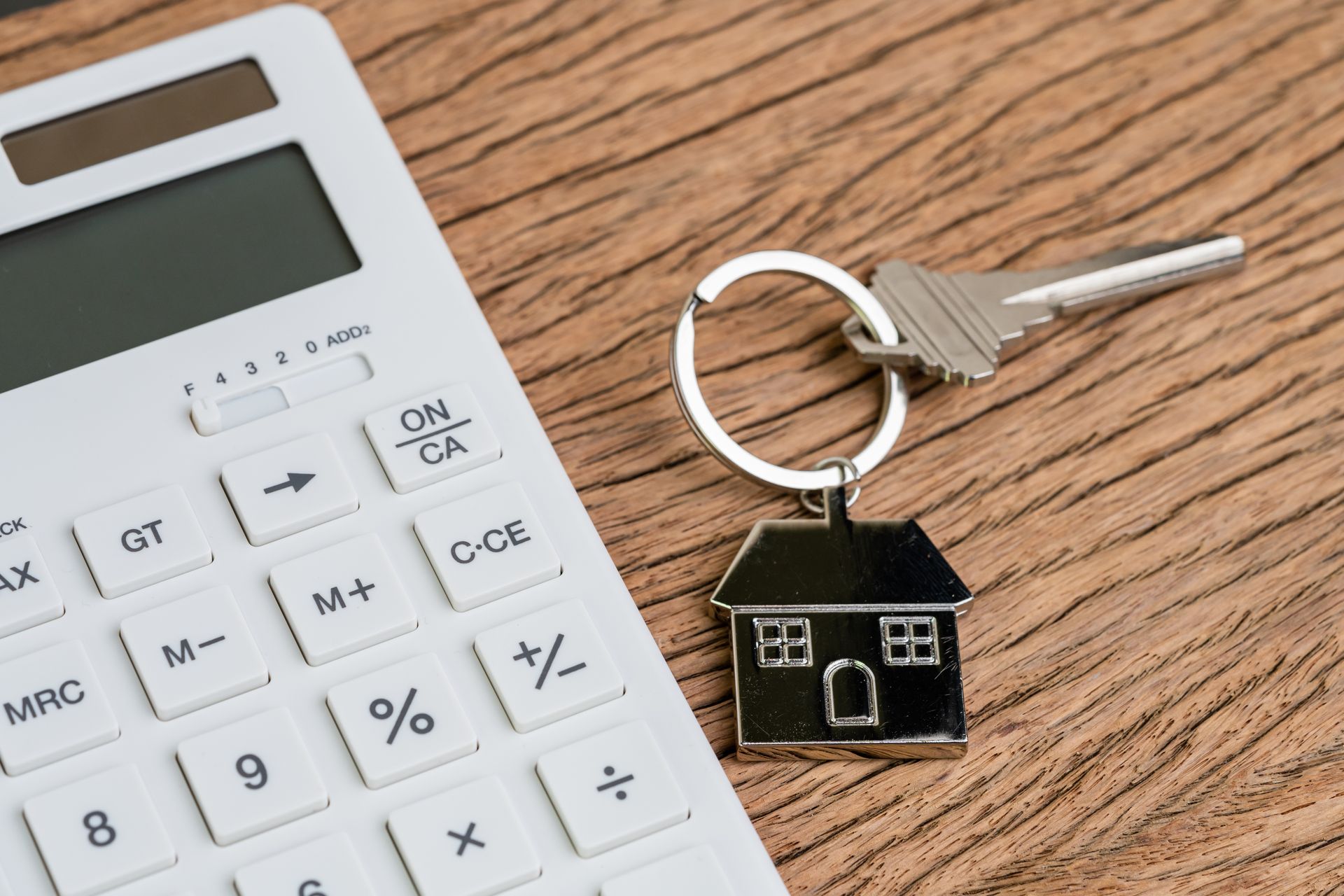Can You Get Divorced Without Going to Court in the UK?
Discover how to get divorced without going to court in the UK. Learn about the divorce process, no-fault divorces, and when court attendance is necessary. Call us for advice!

You do not normally need to go to court to get divorced in the UK. While you will need to apply to the court for your divorce, there is no need to attend in person. Your divorce will be processed by the court, and a decision will be made on your application. In fact, the whole divorce process in the UK is set up to not require divorcing couples to attend court, only if absolutely necessary. You may need to attend court in certain situations if your ex-partner contests your divorce application or if you cannot agree on divorce-related matters such as how to divide your marital assets. In this article, we will explain the divorce process and when you may need to attend a court.
Can you get divorced without going to court in the UK?
Yes, in the vast majority of cases, separating married couples never need to go to court regarding their divorce. This is because the court handling your divorce will decide on your application based on the facts presented to them in your application. The court will check that you meet the criteria for divorce, including the following:
- You have been married for over a year
- Your marriage has permanently broken down, and
- Your marriage is legally recognised in the UK (this includes same-sex marriage).
If the divorce is not contested by your partner and the petition documents are correct, you can apply for a Conditional Order confirming court 20 weeks after your divorce application has been issued by the court. You can then apply for a Final Order 43 days after receiving your Conditional Order. Once you have your Final Order, you are no longer married. At no point in this process is there a need to attend court. You may need to attend court, however, if:
- Your ex-partner contests your divorce application for a valid reason, or
- You need to attend court for a related matter, such as your divorce financial settlement (this does not affect your divorce application, however, this is a separate matter).
What do you do if your partner doesn’t agree to a divorce in the UK?
If your partner does not agree to a divorce in the UK, you can still get divorced by making a sole application. Under the relatively new No Fault Divorce rules, which were introduced in April 2022, there is no need to prove why you want to divorce. All that matters is that you believe that your marriage has broken down irretrievably. This is now the only ground for divorce.
Once you have made your sole divorce application, the courts will process your case and send a copy of the petition to your ex-partner. At this stage, your ex-partner must respond to the acknowledgement of service notification within 14 days. In doing so, they must confirm whether they agree with the divorce or intend to dispute the divorce. If they intend to dispute the divorce, they must also complete an ‘answer form’ explaining why they wish to do so.
The key point to bear in mind is that your ex-wife or husband can only dispute the divorce if they have a valid reason, and these only occur in rare circumstances. Not wanting a divorce is not a valid reason. Valid reasons include:
- The court does not have the legal jurisdiction to deal with the application
- You were never married, or your marriage is not valid, or
- Your marriage has already legally ended.
Any other reason will not be considered valid by the court.
If your ex-partner has disputed your divorce application for a valid reason, you may need to attend court with them to explain the circumstances. The judge overseeing the hearing will then decide whether to discard the application or grant the divorce.
Attending court for other reasons during the divorce process
You may also need to attend court during the divorce process if you need the court to make a decision on important matters related to your divorce settlement or child arrangements. Again, this is not the norm for everyone. All couples are encouraged in the first instance to try to come to an agreement regarding their children, home, and marital assets. Even then, if this is not possible, divorcing couples must then try mediation by attending a Mediation Information and Assessment Meeting (MIAM) unless there are other factors which mean this is not appropriate, such as domestic abuse.
Only if you cannot agree between yourselves and/or mediation is not suitable or effective can you apply to a court for a Consent Order, Child Arrangement Order, Pension Attachment Order, or any other type of order that may be required to set out and enforce a divorce-related arrangement.
Final words
You are about to go through the process of divorce in the UK, you will not need to go to court if you and your ex-partner agree to divorce and on the key decisions that need to be made as a result. There are many ways of avoiding the need to go to court if things do not go to plan. Avoiding court will save you time and emotional stress and help to ensure that you and your ex-partner can remain on amicable terms, which is beneficial for everyone concerned, including the children. Our family law team can advise you on the best way to resolve any issues which may otherwise mean you have to go to court. If going to court cannot be avoided, we will represent you in the court and at step of the way.
For a free consultation regarding your divorce or any other aspect of your separation, please call our understanding and caring family law team on 0208 300 6666.














